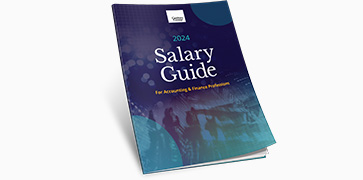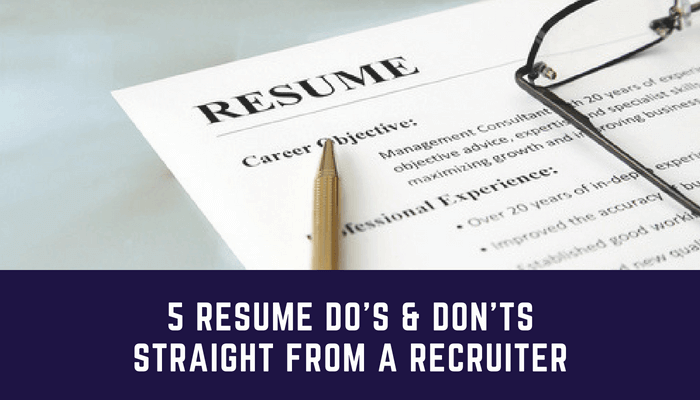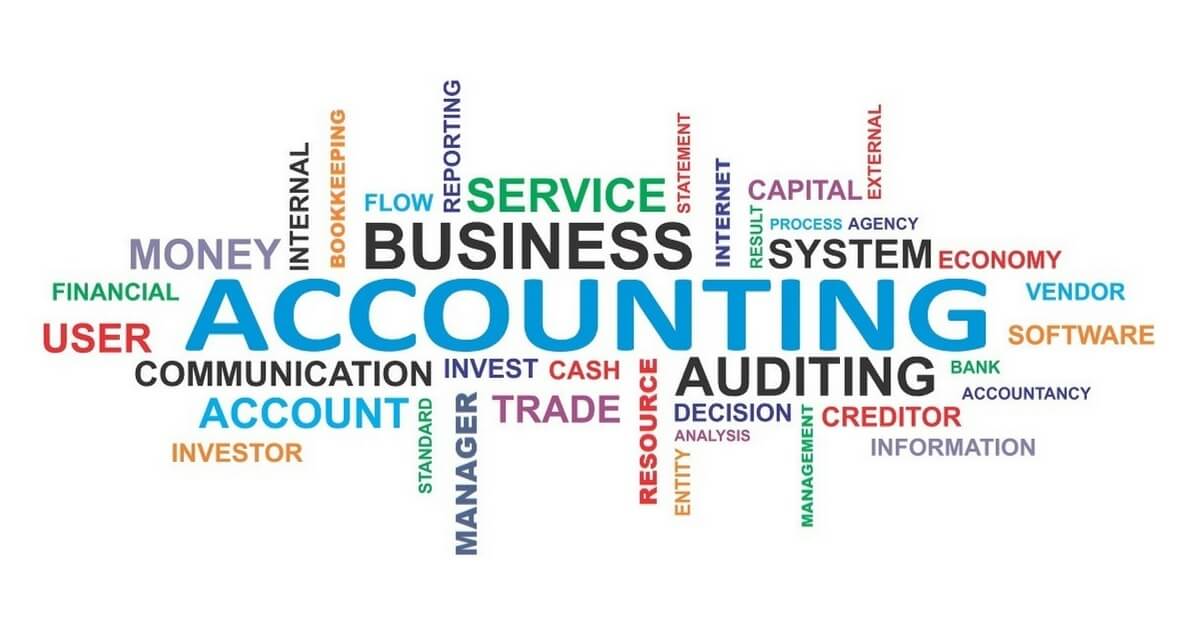By Ron Proul, CEO
As recruiters, we are constantly asked about how LinkedIn has affected the business of recruiting. Is the impact positive or negative? The inquiry seems to originate from the perception that LinkedIn is a way to find a job and therefore what role does a recruiter play?
It may be a valid question if you haven’t worked with a well-networked recruiter. After all, the business of the recruiting industry is that of professional networking and LinkedIn is just another avenue. Business associations, professional associations, recruiters and responding to advertisements — yes, good old-fashioned job boards — are ways to expand your network. But some are more effective than others.
WORK YOUR NETWORK
A job search is most effectively conducted by working a network. Networking is active — it requires effort. And LinkedIn, for the most part, is passive. It’s just another advertising vehicle to promote yourself through creating a LinkedIn profile. This isn’t new, only the medium is different.
Companies and the recruiting industry have been advertising for years. Some of you remember newspaper ads, which took a major effort to respond to. Internet ads (job boards) overwhelmed employers with stacks of unqualified candidates because it is too easy to respond, burying qualified candidates right along with the unqualified. And now, we have social media or LinkedIn. You promote yourself to your network with the hopes someone takes notice, but like the job board responses — it’s overwhelming.
What all these job search vehicles have in common: they are passive job search methodologies. You are putting yourself out there, but you still need someone to respond to and engage you in a dialogue. Think of the “if a tree falls in the forest” analogy. If I don’t hear you, do you exist? Given the psychology of human behavior, most individuals want to talk to someone throughout the process before making an important life decision like choosing a new job. These advertising vehicles serve the purpose of expanding your network and making you known to the general job market. They don’t do the work of finding the right career opportunity and making a match that aligns with our career goals.
PASSIVE VS. PROACTIVE
Recruiters and recruiting firms are successful because they don’t wait for the candidate to find the career opportunity or vice versa. Proactive recruiters respond to any means of introduction by understanding needs and making decisions based on those needs. LinkedIn cannot assess overall candidate fit — it has not met the candidate, discussed their strengths and weaknesses or career goals. It’s unable to assess their culture fit and doesn’t know how well they interview. It’s the conversation that takes place between you and your recruiter that results in an introduction to serious employers that can meet those goals.
All other job introductions are blind. This isn’t always bad, but a candidate must do the leg work during the first interview vs. the recruiter. LinkedIn limits your networking to a limited number of connections unless you pay for increased exposure. But you still have to actively work your network yourself. Through a recruiter, you can invest your time going on those interviews that meet your needs, as well as gain exposure to both their and the firm’s entire network.
Think professional sports. The agent representing professional athletes and the teams that want them are following statistics, watching film and assessing the team fit. They find out what it is the athlete wants in a team and facilitate the introduction. Your LinkedIn profile might be the closest thing you are going to have to film, but it isn’t going to watch itself.
So when you think of your LinkedIn profile, remember it is a passive advertisement of your credentials and work history. Make the best impression you can, but realize you need a recruiter to see it, contact you and start to actively network you so you can successfully meet your career goals.
So back to the original question: positive or negative? For recruiters, it is a definite positive for finding you to help you work your network and get maximum exposure. But as a business professional and candidate, if you don’t work at expanding your network, a LinkedIn profile is just another neutral form of advertising.
Are you looking to make a career move? Start your search with Century Group today!










